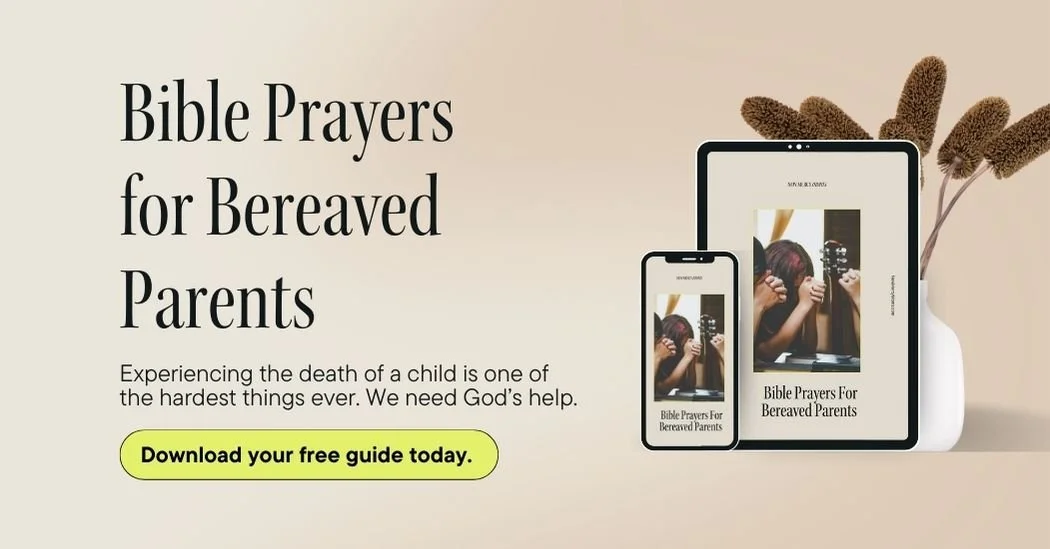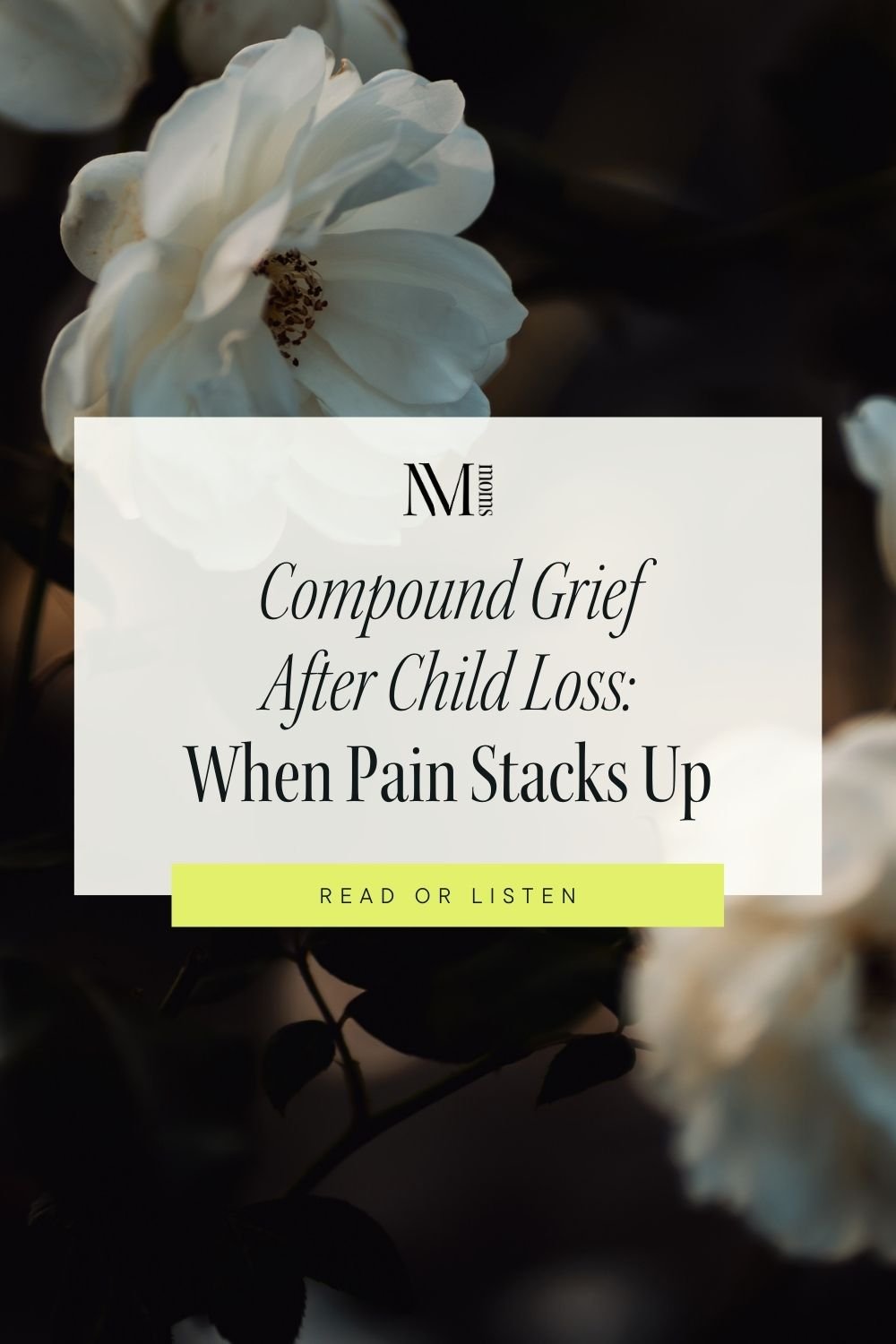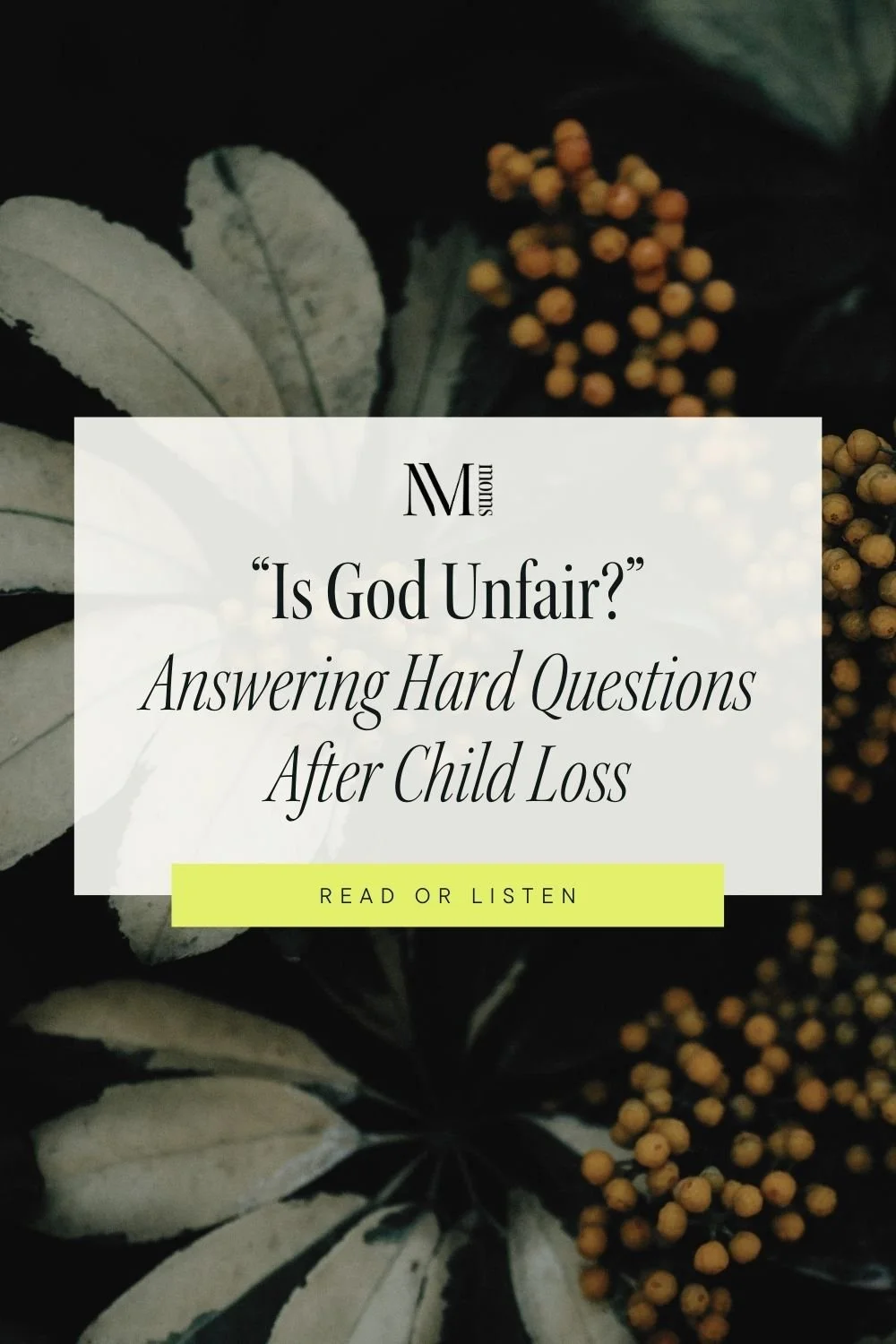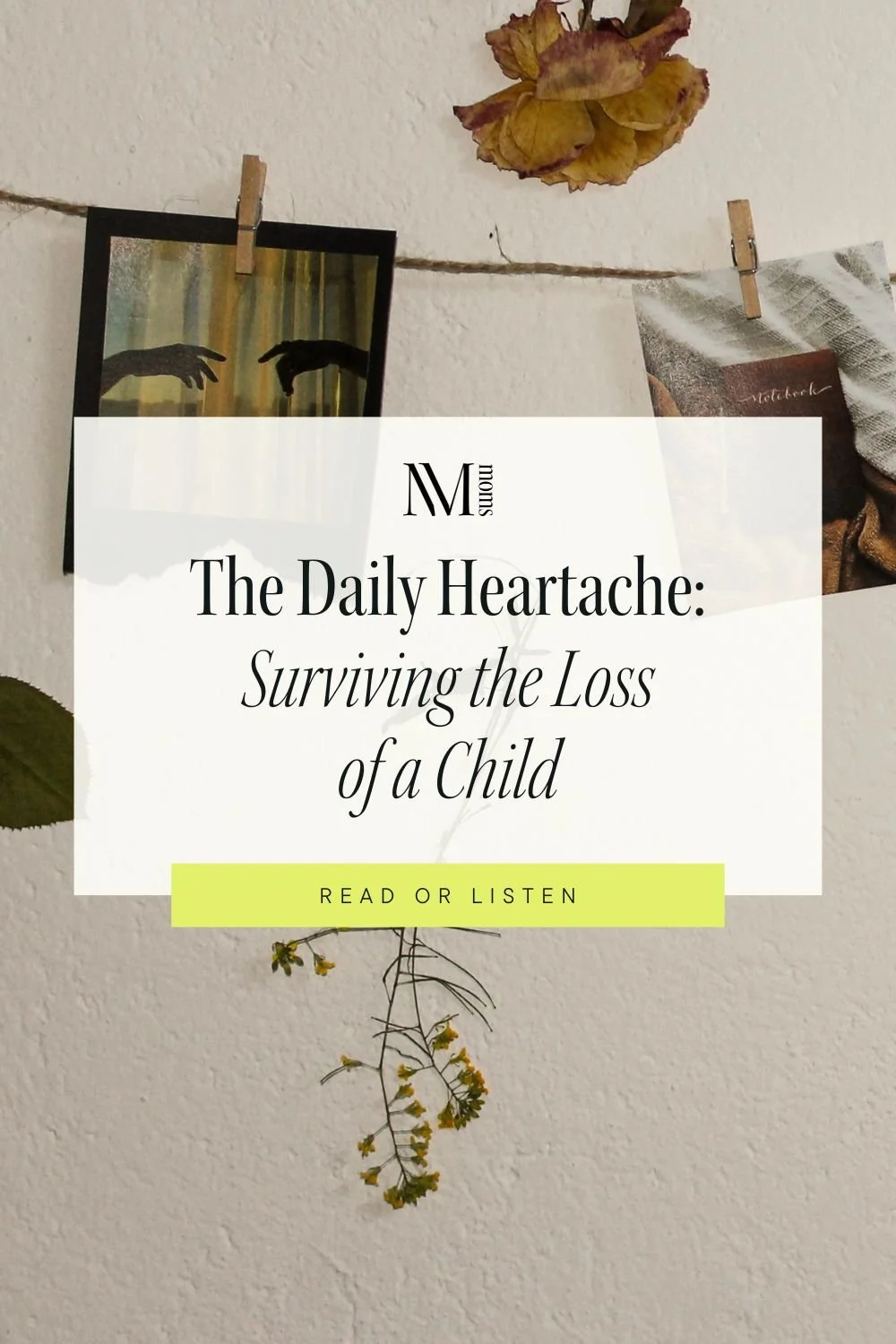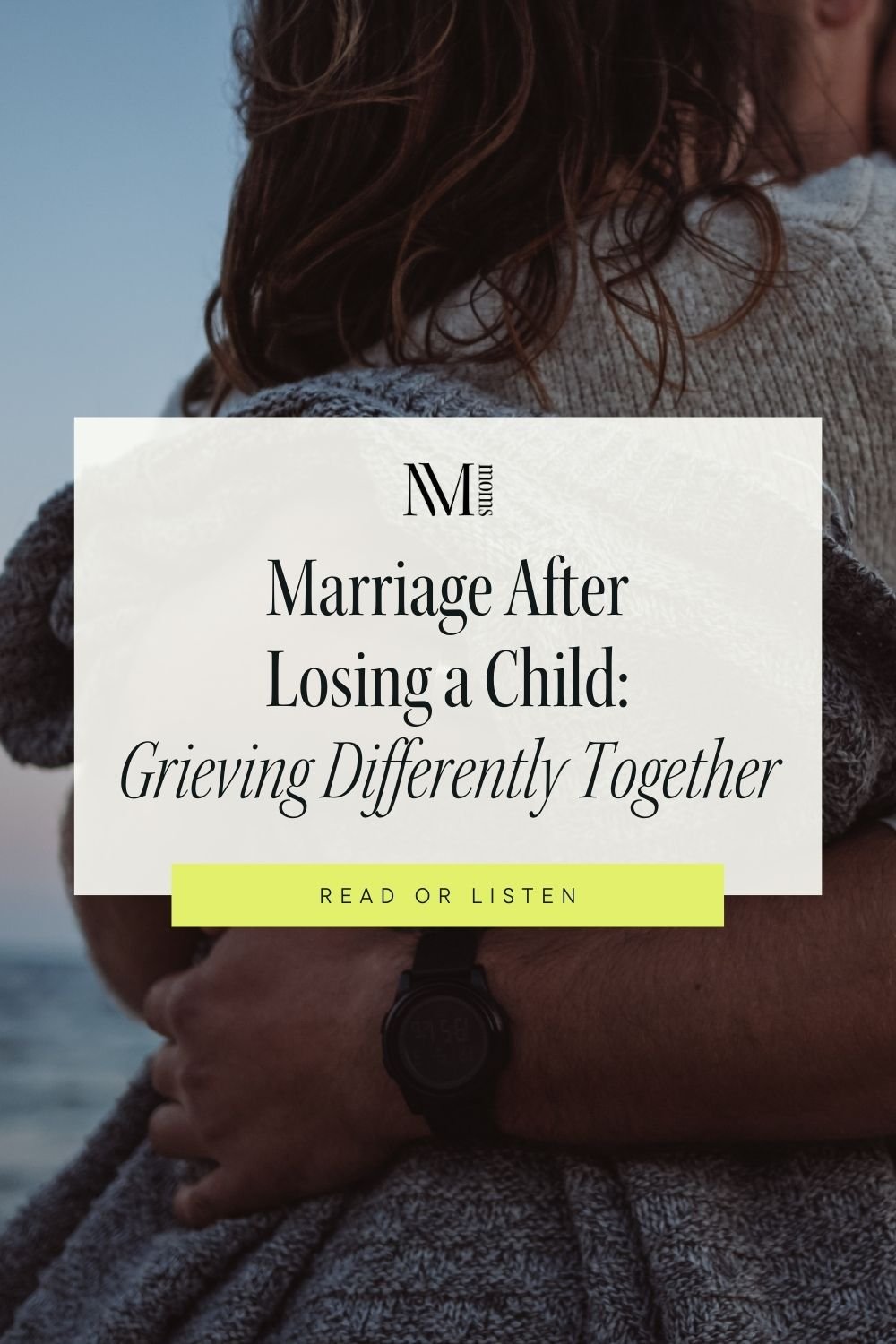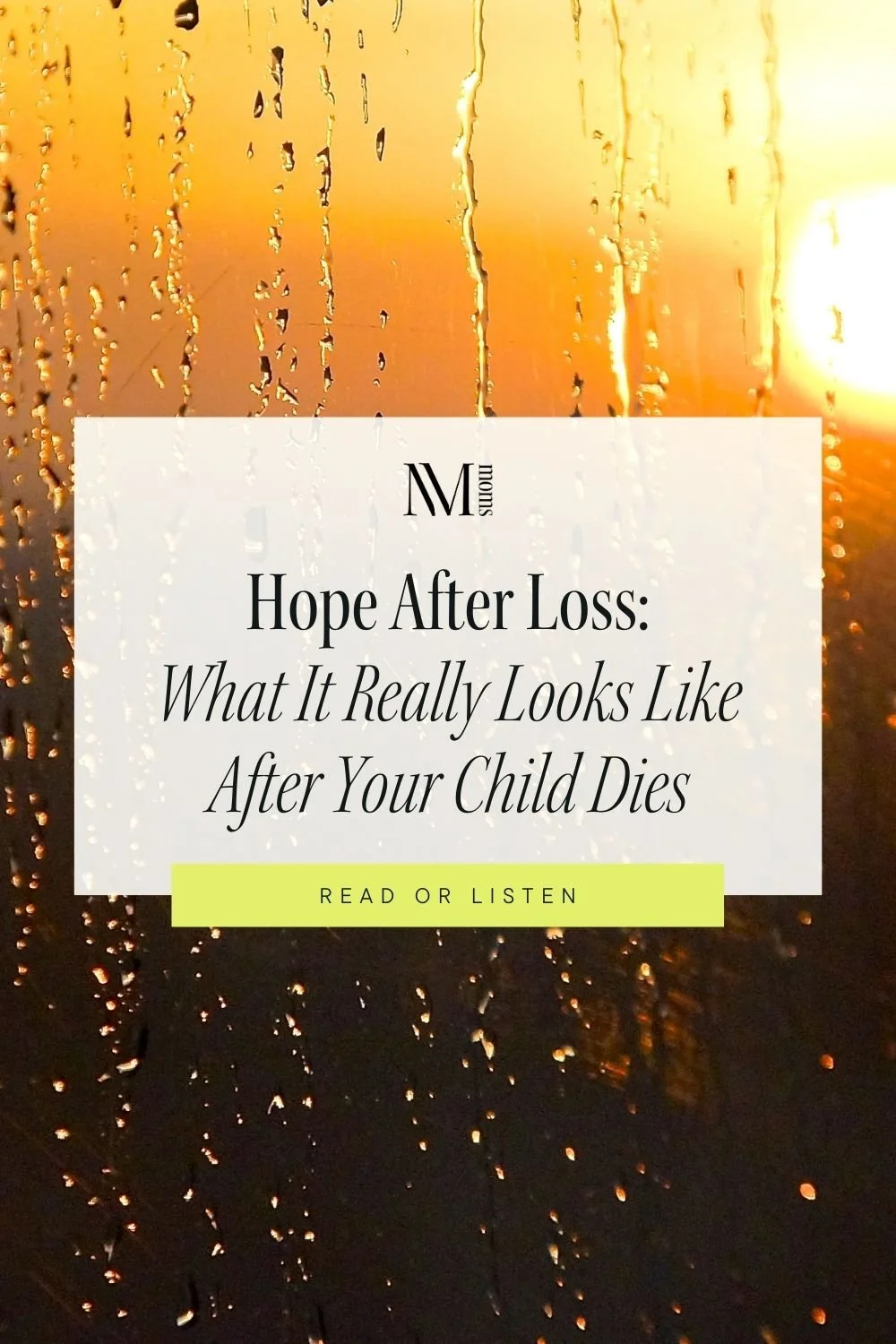Coping with Miscarriage: Navigating the Journey with Grace
Table of Contents Show
“But it was just a miscarriage.”
😖
If those words have been said to you, I am so sorry. That is not a good thing to say no matter how long it’s been since the miscarriage. It doesn’t matter how long or short they were with you either – it was the loss of your baby.
Coping with miscarriage is a journey that requires tender care, support, and a belief in finding hope amidst sorrow.
Understanding Miscarriage
Defining a Miscarriage
If you’re here, you probably know what a miscarriage is. But just in case… A miscarriage is a deeply saddening event where a pregnancy ends spontaneously before the 20th week. It disrupts the anticipated journey towards parenthood, leaving in its wake a profound sense of loss and emptiness.
Types of Miscarriages
Miscarriages come in different forms, each presenting its own set of challenges. These include complete miscarriages, where the pregnancy ends naturally, and incomplete miscarriages, where some pregnancy tissue remains. Additionally, there are missed miscarriages, where the baby has stopped developing but the body has not yet recognized the loss.
Common Causes
Various factors can contribute to a miscarriage, ranging from genetic abnormalities to hormonal imbalances. Understanding these potential causes might help individuals make sense of an experience that often feels inexplicable.
The Emotional Impact - Coping with Miscarriage
Grief and its Manifestations
No matter the type or cause of miscarriage, the loss of a baby is deeply painful, involving a complex array of emotions. Sorrow, anger, guilt, and sadness ebb and flow, requiring patience, self-compassion, and a deep trust in the healing power of God over time.
Coping with Intense Emotions
The emotional rollercoaster accompanying miscarriage can be overwhelming. It is important to recognize and acknowledge these feelings, seeking healthy outlets for their expression. Prayer, journaling, or finding comfort in Scripture can provide solace in moments of despair.
Finding Support
Opening up to Loved Ones
Sharing the pain of miscarriage with loved ones is an act of vulnerability that can lead to a profound connection. Opening up allows for emotional support and creates a space for others to share their own experiences.
Joining Support Groups
Seeking out support groups or online communities dedicated to coping with miscarriage can be immensely beneficial. These spaces offer a platform for individuals to share their feelings, gain insights, and find solace in the shared experiences of others.
Professional Guidance and Therapy
The expertise of mental health professionals can provide invaluable support during the grieving process. Therapists experienced in grief, loss, and trauma can offer coping strategies, a safe space for expression, and tools for navigating the complexities of this journey.
Self-Care and Healing
Prioritizing Well-Being
In the midst of grief, self-care often takes a backseat. Prioritizing physical and emotional well-being, seeking moments of quiet reflection and prayer, and finding strength in the Word of God are all essential steps toward healing.
Establishing Healthy Routines
Establishing routines can provide a sense of stability and purpose during a time of upheaval. Simple, daily rituals that include moments of prayer, Scripture reading, or quiet reflection can create a comforting rhythm, helping to anchor individuals amidst the storm of emotions.
Incorporating Mindfulness Techniques
Practices like mindfulness and meditation on Bible truths are powerful tools for centering the mind and finding moments of peace. These techniques can help parents navigate the intensity of their emotions, fostering a sense of calm and inner strength. If you find fear and anxiety taking control and sending you on a downward spiral, please reach out to a therapist or counselor and consider signing up for New Mercy Moms | the workshop.
Honoring Your Baby
Creating a Remembrance Ritual
Honoring the memory of your lost baby may bring some healing as well. Creating a small ritual, such as praying a special prayer, provides a tangible way to acknowledge the presence of your sweet baby.
Memorializing Your Little One
Incorporating a tangible reminder of your baby can offer comfort and a sense of connection. This could be in the form of a piece of jewelry, a piece of artwork, or a special keepsake that serves as a cherished memento.
Finding Comfort in Keepsakes
Keepsakes provide a tangible link to the memory of your baby. They offer something to hold onto during moments of grief, serving as a physical representation of the love and connection that remains.
I had to remind myself: the reality of my baby wasn’t just a dream, they were really here, and it’s okay for my life to be changed because of my loss. Grieving my baby shows the impact and value of a life. The impact is eternal. The value is immeasurable.
Couples Coping Together
Communicating in Grief
Grief can sometimes strain even the strongest of relationships. Open and honest communication, infused with grace, is essential for navigating this difficult terrain. Sharing feelings, fears, and hopes allows you to support each other through this shared experience.
Supporting Each Other's Healing
Recognizing that you both will grieve in different ways is crucial. Supporting one another's unique coping mechanisms, even if they differ, fosters an environment of understanding and empathy. Everyone needs grace in grief.
Seeking Connection Amidst Pain
Finding ways to connect as a couple amidst the pain of miscarriage is a powerful source of support. Engaging in activities that bring joy, praying together, reading the Bible together, or simply spending quality time in quiet reflection can provide comfort and solace, deepening the bond between partners.
Dealing with Triggers
Navigating Pregnancy Announcements
Announcements of pregnancies, whether from friends, family, or strangers, can be a poignant trigger for those who are coping with miscarriage. Learning how to navigate these moments with grace and understanding is an important aspect of the healing process.
Coping with Baby-Related Events
Events centered around babies, such as baby showers or birthdays, can evoke complex emotions. Establishing boundaries and giving yourself permission to step away from such situations when needed is an act of self-preservation.
I remember one time I was at a friend’s baby shower. It had been about a year since I lost my baby, but it was all still so raw. I ended up weeping, was completely embarrassed because I didn’t want to spoil my friend’s special day, and ended up saying goodbye early. Thankfully, she understood, but it was still so hard.
Setting Boundaries for Self-Preservation
Understanding your own limits and setting boundaries is an act of self-care. It is okay to decline invitations or opt out of events that feel too emotionally overwhelming. Prioritizing one's own well-being is a crucial part of the healing process.
Navigating Future Pregnancies
Balancing Hope and Fear
The prospect of a future pregnancy after a miscarriage can be both hopeful and anxiety-inducing. Balancing the excitement of possibility with the fear of potential loss requires a delicate emotional equilibrium that’s grounded in Truth.
Seeking Medical Guidance
Consulting with healthcare professionals about future pregnancies is an essential step toward informed decision-making. They can offer guidance, support, and potential interventions that may increase the likelihood of a successful pregnancy.
Embracing the Journey with Caution
Approaching a future pregnancy with caution and mindfulness is a natural response after experiencing loss. Taking each step of the journey one day at a time, with a blend of hope and cautious optimism, is a valid and healthy approach.
Coping with the Impact on Relationships
Supporting Siblings and Children
Children and siblings in the family may also be processing the loss. Providing age-appropriate explanations and creating a space for their questions and feelings is an important part of the healing process for the entire family.
Nurturing Your Relationship with Your Partner
The shared experience of miscarriage and coping with it can either bring partners closer together or introduce new challenges. Nurturing the relationship through open communication, mutual support, and shared moments of tenderness can help in the healing process.
Communicating with Extended Family and Friends
Helping extended family and friends understand the grief of miscarriage can be a powerful step toward building a support network. Communicating one's needs and boundaries allows for a more empathetic and nurturing environment.
Seeking Professional Help
Knowing When to Reach Out
Recognizing when professional support is needed is a sign of strength. If the grief feels overwhelming or persists in a way that interferes with daily life, seeking the expertise of a therapist or counselor can be transformative.
Understanding Therapy and Counseling Options
Therapy and counseling offer a safe and confidential space to navigate the complexities of grief and trauma. There are various approaches, such as cognitive-behavioral therapy or grief counseling, that can provide valuable tools for healing.
Coping Strategies from Experts
Therapists and counselors specializing in grief often offer coping strategies tailored to individual needs. These may include techniques for emotional regulation, ways to process complex feelings and tools for finding moments of peace.
Discovering Hope After Loss
Embracing Moments of Joy
Amidst grief, moments of joy may feel scarce but they are still present. Embracing these moments, no matter how small, is a powerful affirmation of life's resilience.
Finding Meaning in the Journey
Searching for meaning in the experience of miscarriage is a deeply personal and often transformative journey. It may involve finding purpose in advocacy, cherishing the strength that comes from surviving, or discovering a newfound appreciation for life.
Exploring New Avenues for Growth
Coping with miscarriage can be a catalyst for personal growth and self-discovery. Exploring new interests, seeking out supportive communities, or embarking on creative pursuits can be sources of healing and renewal.
Moving Forward with Grace
Embracing a New Normal
Moving forward after miscarriage means redefining what normalcy looks like. It involves finding a way to honor the past while embracing the present and the potential for a future filled with hope.
Letting Go without Forgetting
Letting go of the pain does not mean forgetting the precious life that was lost. It means finding a way to carry the memory forward with grace and love.
Holding Space for Hope and Healing
Creating a space within the heart for hope and healing is an act of profound strength. It means acknowledging that while the pain of loss will always be a part of one's story, so too will be the potential for joy, growth, and new beginnings.
Summary
Embracing Your Unique Journey
Each journey of coping with miscarriage is unique, shaped by your own experiences, emotions, and healing processes. Embracing the uniqueness of your own path is an act of self-compassion and an acknowledgment of the grace of God in your life.
The Strength that Comes from Navigating Miscarriage Grief with Faith
The journey of coping with miscarriage grief with faith is one of resilience, courage, and immense strength. It is a testament to the human spirit's God-given capacity for healing, finding hope, and ultimately, discovering a path forward, even in the face of profound loss. Through gentle steps, self-compassion, and faith in a loving God, we can navigate this journey with grace and emerge with a newfound sense of hope and healing in Jesus.
Soli Deo Gloria,
Kathy
What do you think?
Please share in the comments below, I’d love to hear!
If you found this helpful, please share!
As a mom who’s suffered the loss of my baby, I know deep heart pain.
I tried to run from God, but he convinced me of his love and comforted my heart with hope and healing in Jesus.
Now, it’s my mission to share this same comfort with others who’ve experienced the pain of miscarriage and infant loss.


